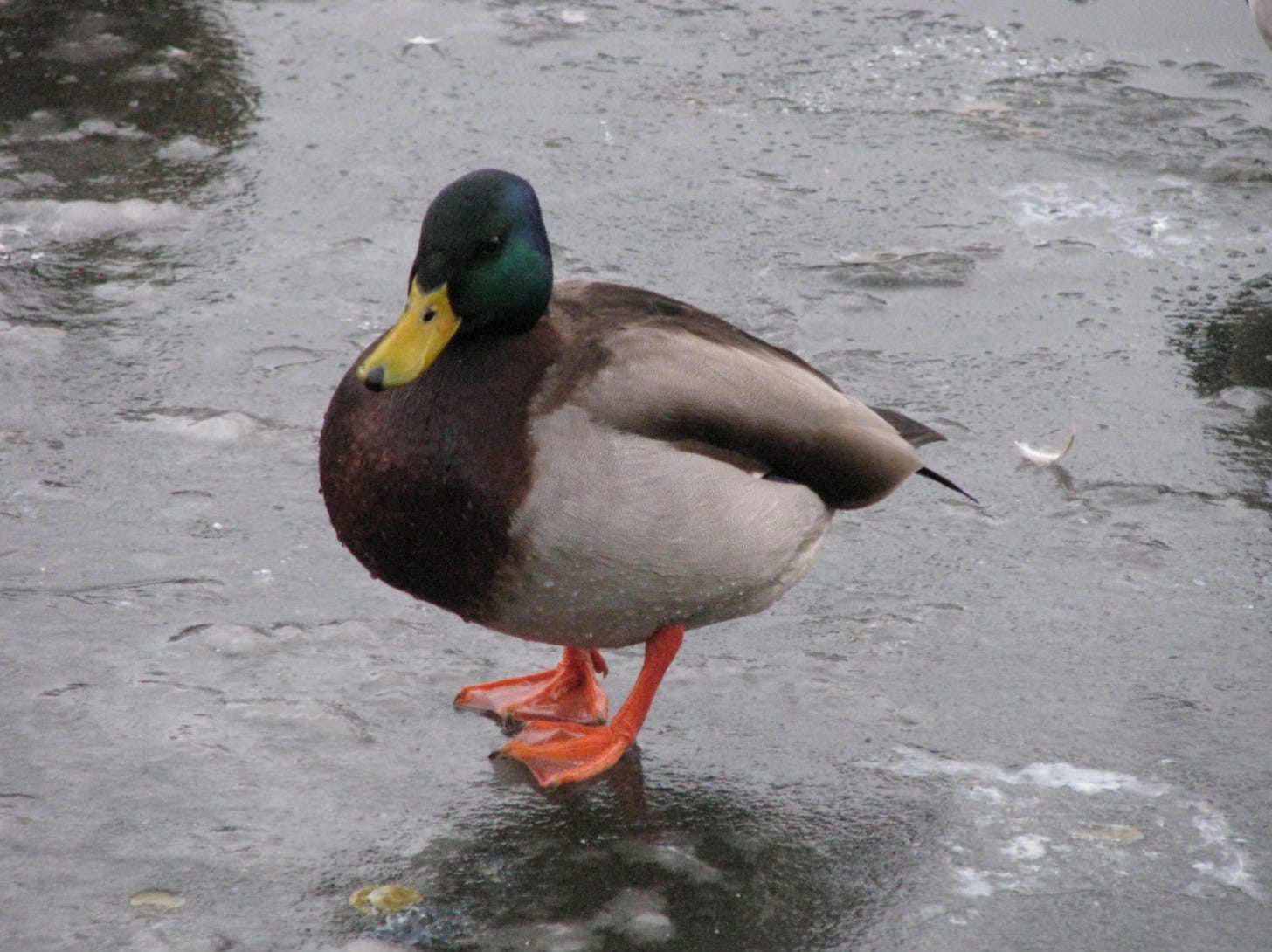Sceptics should stop driving their tanks onto experts' lawns
Dissidents could be a lot more strategic.

I don't like the expression 'The Science'. Obviously there is no such thing as The Science any more than there is such a thing as The Love or The Learn or The Progress. A constant process of observation, hypothesis, testing, re-observation and so on is an endeavour, not an object designated by the definite article. To make it such is to degrade a necessary process of enquiry in service of base partisanship.
'The Science' is a misleading contraction of 'the current scientific consensus' and is one manifestation of scientism.
At best it's a lazy shortcut, in the same mould as referring to a generic class of 'experts' to whom everyone must defer purely on the basis of their authority. Both of these expressions are designed to circumvent discussion.
Because there isn't an object (The Science) or a homogenous group (The Experts) and because these are expressions only, they have become shibboleths.
Instrumentally, they are designed by the 'pro camp' as conversation-stopping axioms, aimed at enforcing conformity by sorting people into opposing teams, whether or not they really belong there. The most egregious use disparages all those who lack requisite credentials whenever they question the implications of a consensus that informs policy choices.
Here's where the inevitable and tiresomely necessary throat-clearing must always be done, lest one be accused of trying to roll back the Enlightenment.
Domain expertise is to be respected and heeded. Input from empirically knowledgeable people into policy construction is a necessary part of progress. Science and the technology it enables has been - and remains - the best way of solving material problems, physically improving our lives and achieving countless changes, many of which would be catastrophic to reverse.
But these indispensable things have become warped into scientism and credentialism, which in turn became politically charged tools, used primarily by a leftish-liberal technocratic class. They use these to distance themselves from the hard work of thinking more broadly and to exert a type of control that breeds disquiet and resentment in certain vociferous quarters where expert-endorsed policy implications are questioned.
—-
... My personal favourite explorations of how this manifests in the real world come from legal philosopher David McGrogan, Associate Professor of Law at Northumbria Law School. His Substack is one of very few actually scholarly attempts to paint the bigger picture on the problems that arise from technocracy and the project of 'political hedonism'.
... but back to the expressions in question here.
The concepts of 'The Science' and 'Experts' thereby acquired emotional valence on both sides, each of whom consequently set out to flatten any conversation about them. Because emotion is bound with identity and identity is bound with politics, the question of who gets to choose our policy directions is often more driven by partisan loyalty than rational discussion.
On one side you have the reflexively suspicious contumacists who reject any orthodox position arising from consensus among the best informed people. This is a naive form of scepticism.
And at the other pole we have worship of the highest authority, factism. This holds that only certain kinds of proposition have any validity when it comes to 'progress'. This is a naive form of scientism.
How intellectually and morally confused this dichotomy is was illustrated with a familiar meme.
Like most political memes of the culture war variety it's an advertisement for the naivety of those who think it's a slam-dunk on their opponents.

Versions of this were often deployed by online people in connection with Brexit, Covid policy and climate change. What it is supposed to prove is that experts should do everything and anyone who disagrees is stupid and potentially dangerous.
Like any meme, it has fatal shortcomings. It is the maximally naive depiction of all sceptical sentiment toward technocracy.
—
The paywall is looming below. Buy me a coffee and lift it for a month. Even better offers are available on that page, when you click through.
—
My primary objection to this way of thinking is that it represents a failure to appreciate the difference between instrumental or procedural knowledge, celebrated in the cartoon, and evaluative, contextual or integrative knowledge, which might be classed as the knowledge categories underpinning 'wisdom'.
The pilot (expert) knows how to control the plane and understands how it all works. Whether it's worth flying it, where it should go, the trade-offs involved in flying or whether it would be better to do something else require different forms of intelligence drawing on different types of knowledge.
Failure to recognise this distinction is the root of all sneering at people who don't automatically defer to Experts or The Science. This saw its most strident expression in the Covid pandemic, when many otherwise thoughtful heretics missed an opportunity to lay out a more valid case to debate.
The discussion that never seems to happen is around which end goal is most desirable for the maximising of common good.
Minimising deaths in a pandemic is foisted on everyone as the only goal because a naive calculus says death = bad and less death = good. This feels natural and obvious to anyone who doesn't pause to reflect on the implications. For example, if minimising death is the best thing possible we should reduce the speed limit on every road to 30 mph, be legally mandated to take regular exercise, ban alcohol and outlaw cake.
We don't do this because it's obvious that a good life doesn't equate so simply with risk-elimination.
The conversation that never happens in public is the wider range of options for which we might choose to optimise.
The strictest Covid restriction measures obviously attenuated deaths but had a net negative impact on wellbeing at the population level.
Instinctively the dissidents know this, but they pursued the wrong objective by trying to argue that Covid-19 isn't a serious disease. Or making themselves look stupid with claims about vaccines being purely 'experimental' and more dangerous than the virus.
In this way they ask to be marginalised.
Every person who said that masks don't work because a virion is smaller than the gaps in the fabric weave excluded themselves from any intelligent discussion of mask policy. 'Logic, innit' was the sole basis of their false claim and I couldn't be doing with it.
This is a strategic error on the part of many people with heterodox instincts.



